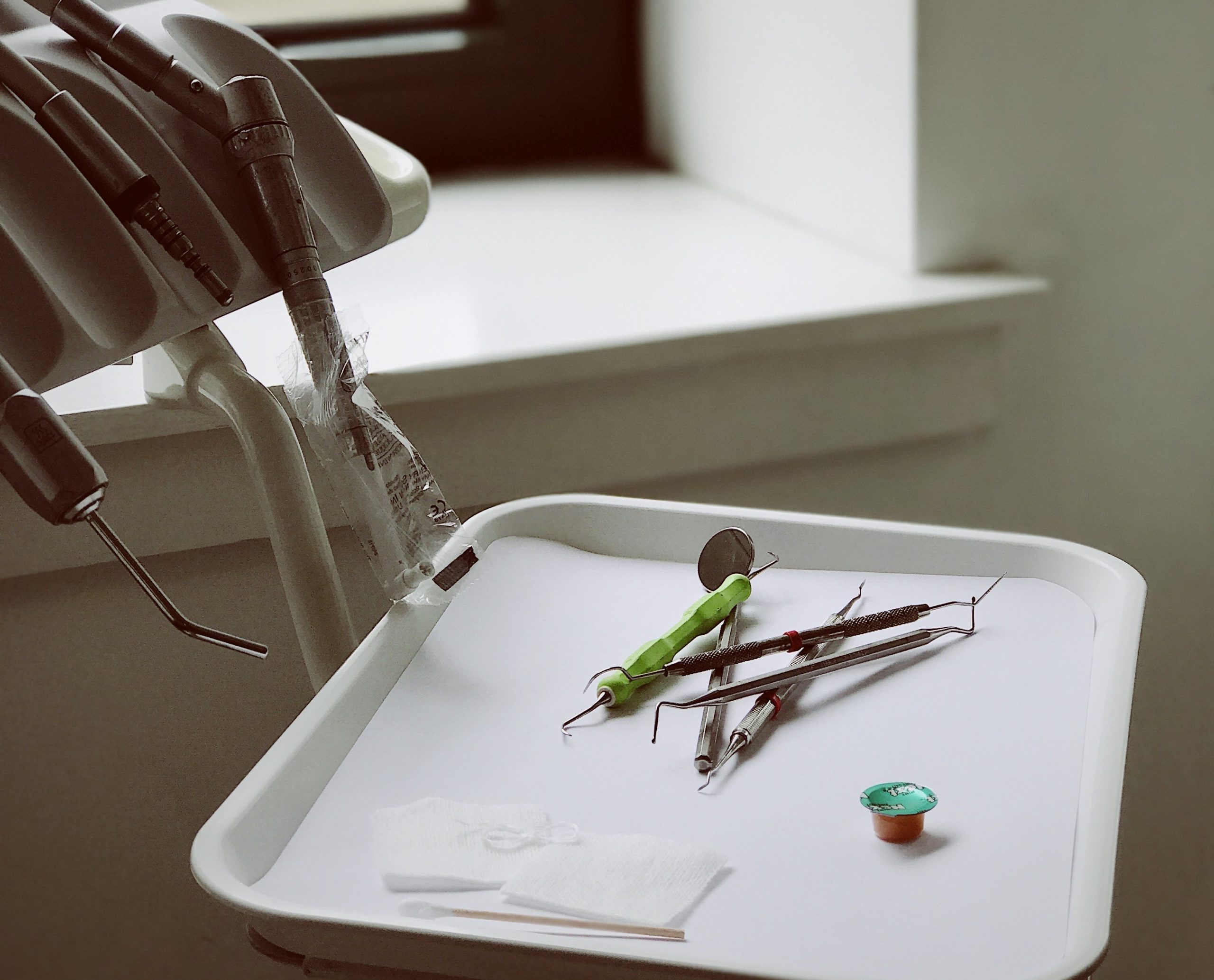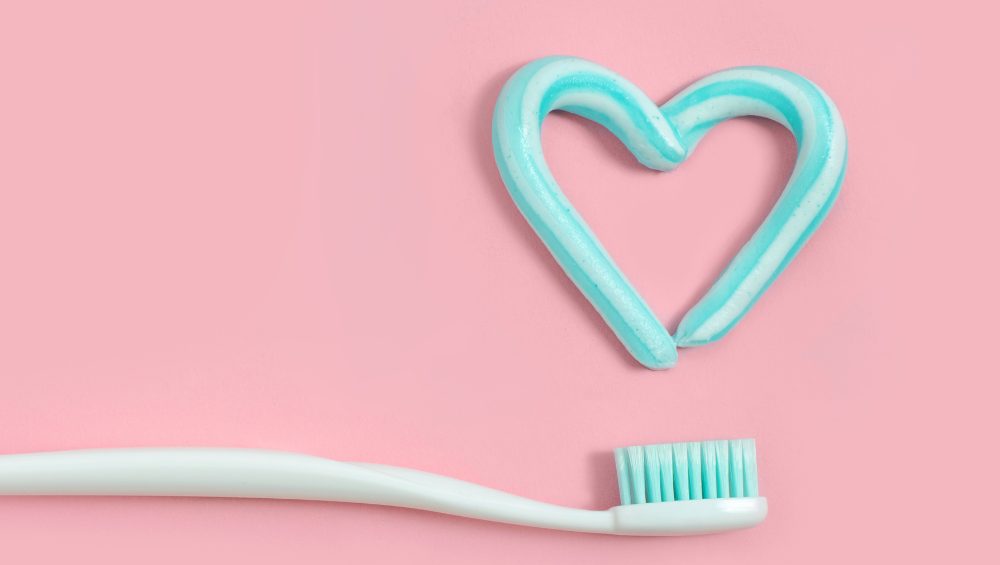
Case Study: How We Use The Pinhole Procedure For Receding Gums
January 3, 2019
Caring for Your Child’s Dental Health: How to Avoid Pediatric Dental Issues
February 7, 2019Sometimes patients feel overwhelmed by all the different kinds of toothpaste on the market. While most brands of toothpaste share common ingredients, there are some variations to suit different needs and preferences.
This guide isn’t a substitute for professional dental care, but we hope it clears up some of the mystery surrounding the different kinds of toothpaste available. By knowing a little about the options, you may be better prepared to make the right choice for you and for members of your family.
Before we discuss the different kinds of toothpaste, it is important to consider how most varieties of toothpaste are actually very similar.
What Is Toothpaste? What Are Some Common Ingredients?
Most quality toothpaste varieties are pretty similar. They contain similar types of ingredients with variations among therapeutic ingredients, flavors, and colors.
According to the Dental Health Foundation of Ireland, toothpaste generally contains the following ingredients:
- Abrasives – These are among the primary cleaning agents in kinds of toothpaste. Some examples include chalk or silica-based ingredients like sodium metaphosphate, calcium pyrophosphate, calcium carbonate, zirconium silicate or silica.
- Humectants – The purpose is to keep the toothpaste moist and to keep it from hardening. Some example ingredients in this category include glycerol, sorbitol and propylene glycol.
- Detergents – A foaming cleaning agent, some examples include sodium N-lauroyl sarcosinate and sodium lauryl sulfate.
- Fluoride – This is the main therapeutic ingredient to help strengthen and maintain your teeth.
- Preservatives – Prevents bacterial growth to keep the toothpaste safe. Some examples include alcohols and benzoates.
- Flavors and Colors – Examples include peppermint, spearmint, and cinnamon.
- Binding Materials – These ingredients keep the liquid and solid ingredients from separating. Some examples include cellulose, carrageenans, and xanthan gums.
Most commercially produced toothpastes include variations of these ingredients. One brand is usually pretty similar to another. Specialized toothpaste may include additional ingredients or exclude some of the common ingredients. Sometimes specialized toothpaste makes sense for your needs, and sometimes they may cause problems.
Ultimately, the choice is yours. We recommend different kinds of toothpaste containing fluoride and that you discuss your options with your dentist. Toothpaste is important to your dental hygiene when combined with daily flossing, and regular professional dental cleaning.
Different Kinds of Toothpaste
Toothpaste For Sensitive Teeth
Do your teeth hurt when you enjoy hot or cold foods? If so, you may have sensitive teeth. This type of toothpaste helps relieve the pain from tooth sensitivity. Usually, it contains potassium nitrate since this substance helps reduce the pain.
Antimicrobial Toothpaste
This variety of toothpaste contains antibacterial ingredients like stannous fluoride. It helps fight cavities and sensitivity. Some people use Antimicrobial toothpaste as part of their strategy to fight gingivitis. Be sure to clear it with your dentist before switching to Antimicrobial toothpaste.
Tartar Control Toothpaste
Tartar Control Toothpaste contains extra ingredients to help prevent tartar formation. The common ingredient is either sodium pyrophosphate or sodium hexametaphosphate. They help fight tartar and stains above the gum line. Keep in mind that once tartar accumulates, a dental professional cleaning is the only way to safely get rid of it. A trained and experienced hygienist has the right equipment and skills to safely remove stubborn tartar.
Whitening Toothpaste
There are two main variations of whitening toothpaste extrinsic and intrinsic. Intrinsic lightens or bleaches the teeth. On the other hand, extrinsic removes stains on the surface of the teeth, often by using abrasives. Sometimes whitening toothpaste may weaken the tooth enamel, so be sure to ask your dentist whether it is appropriate for your teeth. Everyone wants a brilliant white smile, your dentist may help you determine the most appropriate way to achieve your brightest smile.
Smokers Toothpaste
This is a variation of whitening toothpaste designed to help remove discoloration accumulated from smoking. Of course, any dentist or medical professional will urge patients to quit smoking due to the myriad of dental and other health issues caused by smoking cigarettes.
Children’s Toothpaste
Children’s Toothpaste usually contains less fluoride than adult toothpaste. This is safer in case small children accidentally swallow toothpaste but it still offers a therapeutic dose.
Herbal Or Natural Toothpaste
Some people prefer herbal or natural toothpaste as it fits their lifestyle and health choices. We always encourage patients to use fluoride toothpaste. Fluoride helps strengthen the teeth and prevent tooth decay. Some herbal toothpaste contains fluoride and we would recommend our patients explore those options if they prefer herbal toothpaste.
DIY Toothpaste
Sometimes people DIY their own “natural” toothpaste. Like other trends, DIY “toothpaste” tends to cycle around. Some examples include baking soda and charcoal. As mentioned, we strongly suggest you speak with your dentist before trying any DIY alternatives.
DIY toothpaste isn’t really toothpaste. Commercial toothpaste is carefully formulated to clean and help maintain the teeth. Before you follow the latest DIY tooth whitening tip from Pinterest, be sure to talk it over with your dentist.
Some ingredients in DIY tooth cleaners are too abrasive and may damage delicate tooth enamel. Also, DIY toothpaste typically lacks fluoride and we recommend our patients use a toothpaste containing fluoride to strengthen and reinforce their teeth.
Choosing The Right Toothpaste For Your Needs
Be sure to talk with your dentist or dental hygienist about the best oral care routine for your needs. This will typically include a toothpaste containing fluoride, a gentle toothbrush, dental floss, and professional cleanings. Sometimes your dentist may also recommend a water flosser or mouthwash. Your plan is custom created to your needs.
Your dental professional will also help you navigate the choices among different kinds of toothpaste. Check whether any specialized toothpaste may conflict with your prescribed dental plan. For example, some patients may need to avoid whitening toothpaste due to other dental concerns such as weakened tooth enamel. However, your dentist may be able to inform you about safer alternatives that address the condition of your teeth.
Your personalized dental plan starts with a thorough dental examination and professional cleaning. Depending on your oral health, your dental professional will create a cleaning schedule that meets your needs.
Charlotte residents trust their smiles to Southview Dentistry. If you need to schedule your exam, contact us at (704) 333-4760. We work with a variety of dental health plans. Contact our staff for details!




